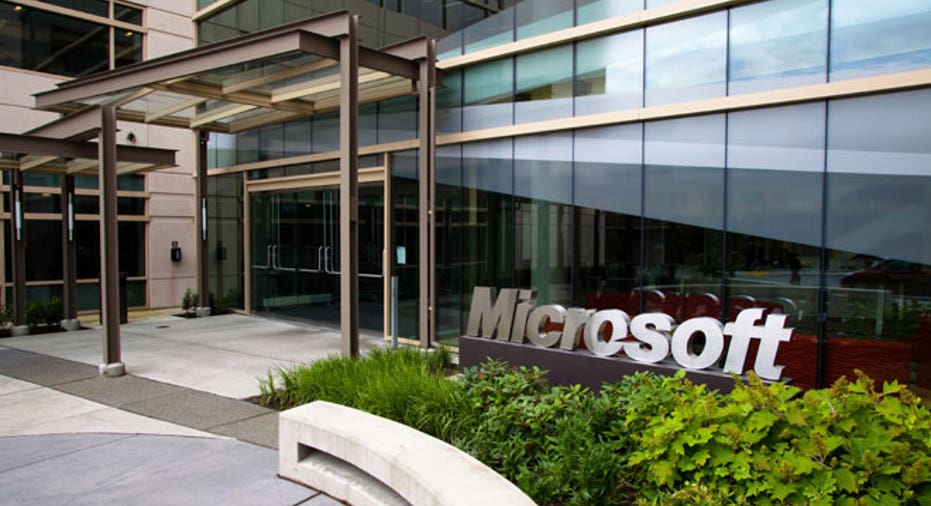Microsoft Gets on Board with Hot Docker Technology

Microsoft (NASDAQ:MSFT) is opening its arms to Docker, a rapidly growing startup that allows developers to build and run apps across servers with its “container” technology.
Docker previously worked only with the Linux operating system. The strategic partnership with Microsoft will make Docker’s technology available to developers using the Windows operating system. Given that roughly half of enterprise workloads are run on Windows, Docker CEO Ben Golub said the partnership will introduce Docker to a much larger market.
“From the Docker perspective, we’re more than doubling the universe of people who have become part of the Docker ecosystem,” Golub said.
Mike Schutz, Microsoft general manager of product marketing for the server and tools division, said the strategic partnership with Docker helps provide more support to the tech community.
“For us, we really feel this underscores the strategy we have around ensuring first-class support of Linux on Microsoft platforms like Azure and also demonstrating our commitment to work with Docker to bring innovative technology to more of the market and bring millions of developers into Microsoft,” Schutz said.
Docker is one of the hottest tech companies in the cloud development space -- and signals to some analysts that Microsoft is working hard to become a faster, more innovative company.
Since its launch 18 months ago, Docker’s open-source app platform has seen tremendous growth. According to Golub, Docker had been downloaded three million times in June; now, he said they were close to hitting 40 million downloads. In September, Docker raised a $40 million Series C nine months after it closed a $15 million Series B, bringing the company’s valuation to over $400 million.
“[Microsoft is] trying really hard to appeal to that Web-type ecosystem, the mobile ecosystem, that is a little bit outside of their traditional Windows developer … they are trying super hard to stay on top of technology in a way they didn’t care to do a few years ago,” IDC analyst Al Hilwa said, adding that Microsoft CEO Satya Nadella, who took the reins in February, could be credited with much of the new focus.
“They’ve been doing a lot more, essentially trying to be a less doctrinaire Microsoft, that’s just, ‘Be on our platform or nothing else.’ Instead they’re trying to be more open,” Hilwa said.



















